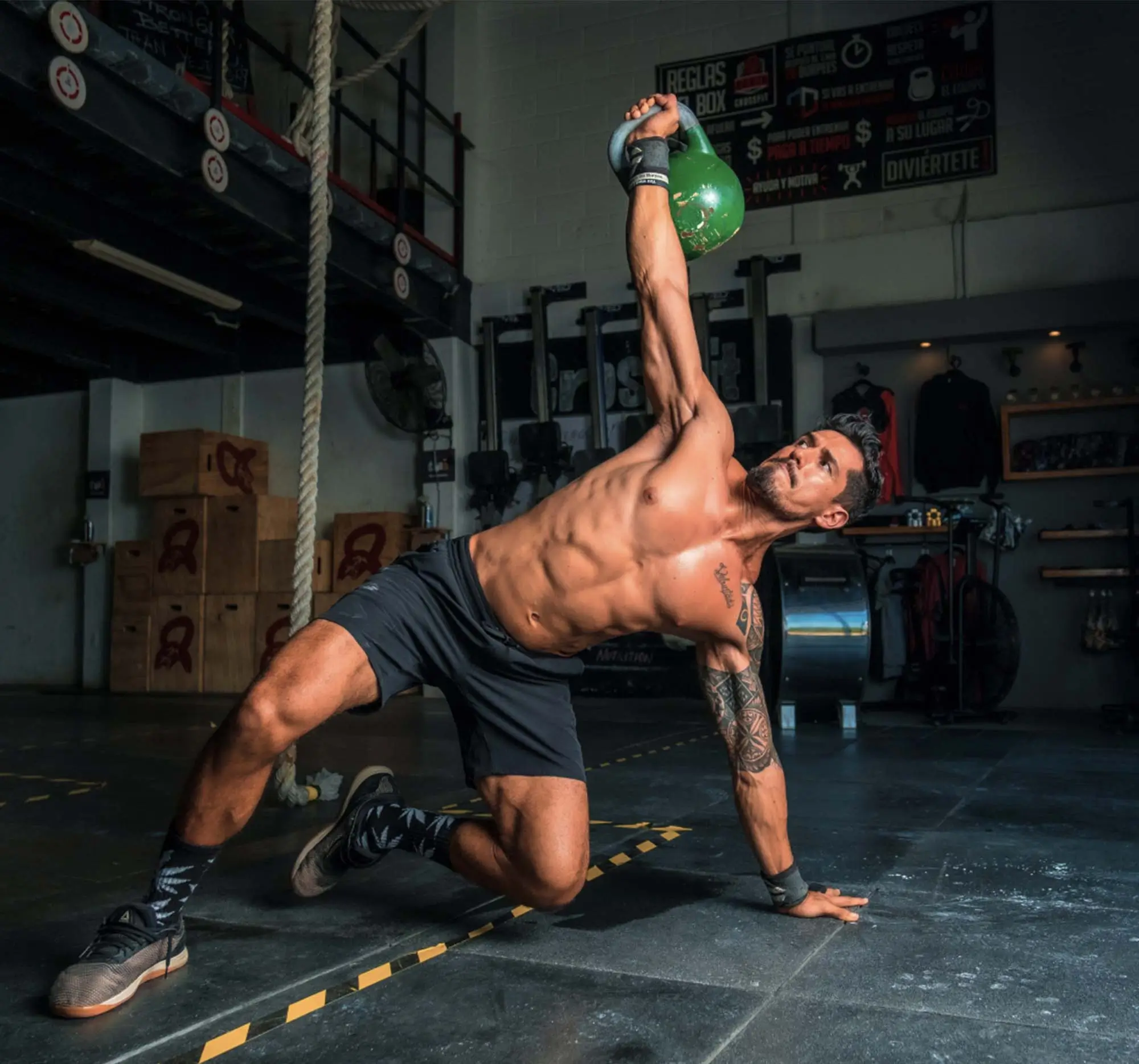Nutrition is an important consideration in an athlete’s routine to ensure they are well-fuelled for exercise and are consuming nutrients that help the body to recover. Over-training and/or under-fuelling for exercise places stress on the body which can increase injury and illness risk and have other negative side effects on athlete health.
Put simply, an athlete’s diet should provide enough energy to support daily energy requirements for living and for training, should incorporate a wide variety of foods to help meet micronutrient requirements for health and recovery, and also provide adequate fluids to prevent dehydration.
A healthy athlete is an athlete that performs!
Below I have put together some foundational guidelines for an athlete’s diet:
Guideline 1: Fuel for the work you are going to do
While low carbohydrate diet trends come and go, they generally aren’t helpful for an athlete’s diet. Carbohydrate foods are broken down into sugar (glucose) which is then delivered to the cells to be used as energy. Carbohydrates are the key energy source used during exercise to fuel working muscles and body systems and should ideally be consumed before and after exercise, as well as during exercise if the duration is longer than ~90 minutes. Ensuring enough carbohydrate or fuel is consumed around exercise ensures an athlete can perform at their best, maintain steady energy levels and also helps to support health by preventing the effects of under-fuelling.
The amount of carbohydrates an athlete requires depends on the duration of exercise, the time between training sessions (e.g., if training twice a day), and intensity of the sessions as well as anybody composition goals. Some research also suggests that adjusting how much is consumed at certain times can help to drive adaptation from training to improve the efficiency of fuelling pathways in the body. When training loads are low, less fuel is required so athletes can make more room on their plate for other nutrients that can optimise their health and recovery.
Guideline 2: Distribute protein intake across all meals and snacks
Protein is an essential component of the diet and has a key role in recovery post-exercise as protein is used for muscle repair and building. Generally, protein needs can be met through a balanced, healthy diet, but most athletes have higher requirements for protein than the general population. Ensuring that protein is evenly distributed across the day has been shown to effectively maximise muscle repair and recovery so athletes should aim to consume a source of protein at each meal and snack. Timing one of these snacks or meals within a 30 minute-1 hour window post-training is ideal to further assist muscle recovery at this time. While supplements are widely popular among athletes and the active population, they are not always necessary. Protein requirements can be met through the diet, and athletes should take particular care with supplement use to reduce their risk of inadvertent doping.
Guideline 3: Eat healthy fats every day
Healthy fats include; Extra Virgin Olive Oil (EVOO), nuts, seeds, oily fish and avocado. These foods contain monounsaturated and polyunsaturated fats that have many benefits in the body from heart health to joint health, hormone health and brain health. A variety of these foods should be consumed as each contains a unique make-up of healthy fats and other nutrients, however should be timed away from training sessions. Fats are energy-dense so take longer to digest than protein and carbohydrates. Eating fats too close to exercise can increase the risk of gastrointestinal issues during exercise so instead, these should be eaten at least 1-2 hours before or after. In general, athletes should aim for between 3-4 servings of healthy fats per day.
Guideline 4: Don’t forget the micronutrients
Micronutrients refer to vitamins, minerals and antioxidants in foods we eat. Micronutrients are needed in smaller amounts in the body than the macronutrients (carbohydrates, protein and fat) but are still essential in the diet. These nutrients help the body’s systems to function optimally and support overall health. Micronutrients are rich in whole foods, so eating a variety of whole grains, fruits, vegetables, dairy foods (or alternatives), quality proteins and healthy fats can ensure an athlete is consuming adequate micronutrients across the diet. During periods of high intensity and duration training sessions, athletes may be at increased risk of micronutrient deficiencies, such as iron. If an athlete is not eating a varied diet they may also be at risk of deficiencies, such as low calcium intake if dairy foods are not being consumed regularly. The side effects of micronutrient deficiencies can include increased injury risk, increased illness risk and effects on performance.
Guideline 5: Stay hydrated
Mild dehydration can impair athlete performance, and severe dehydration can lead to health issues. During exercise, sweat is produced by the body to help cool the body, however, this results in fluid and electrolyte losses. When these losses are higher than fluid intake, dehydration can occur. Athletes should aim to drink plenty of water before, during and after exercise to offset fluid losses. Electrolyte drinks may be necessary for some circumstances to help rehydration. Getting into the habit of drinking water on a daily basis helps athletes to get used to drinking enough around exercise.
What to remember:
Good nutrition is essential for athletes to optimise performance and recovery. Eating well can make a big difference to an athletes training outcomes. Fuelling adequately can help athletes to perform at their best, promote muscle growth and recovery, and support their overall health to reduce injury and illness risk. Athletes should seek individualised diet advice from an Accredited Sports Dietitian to ensure their diet is right for their training and performance needs.






